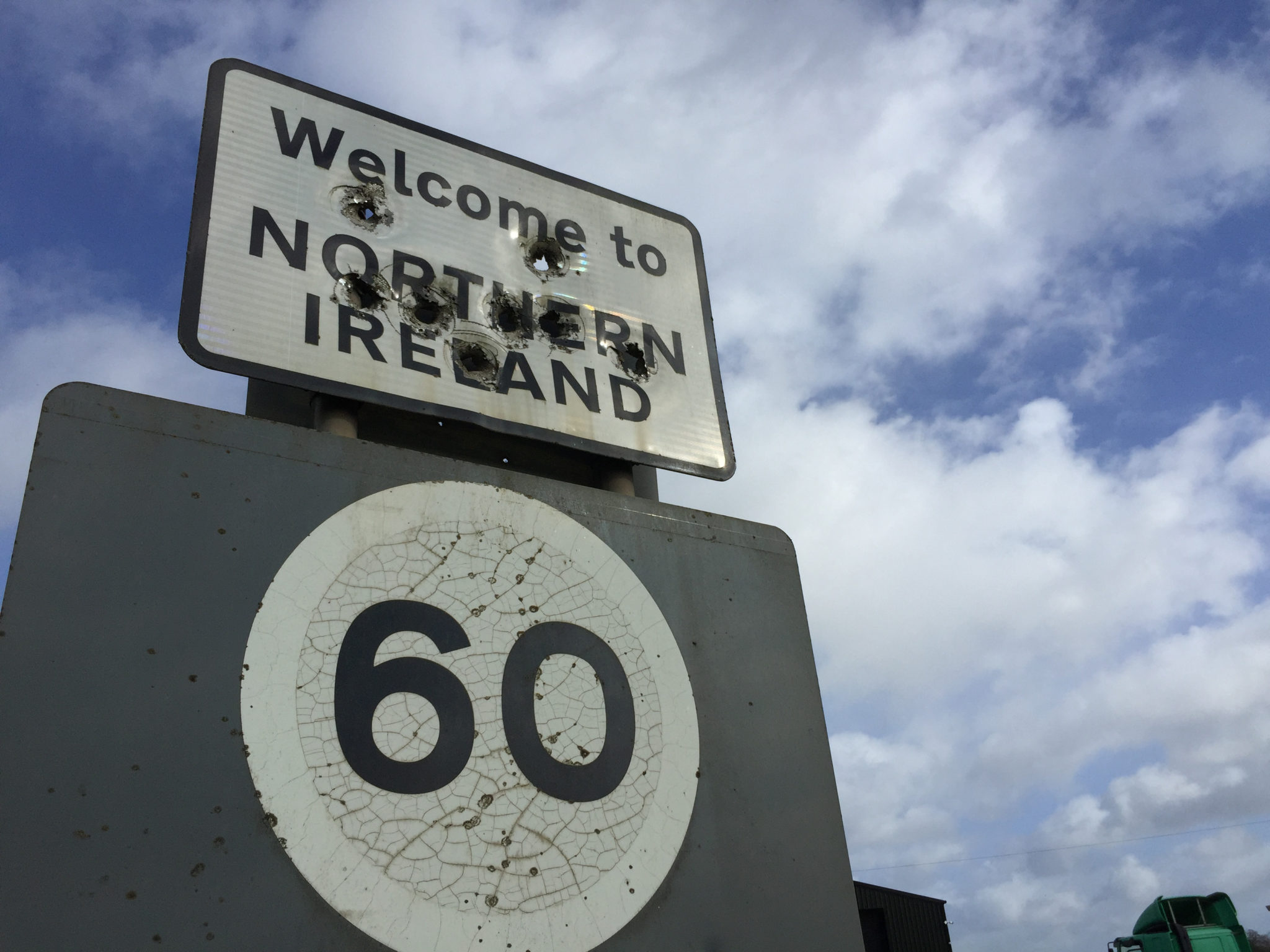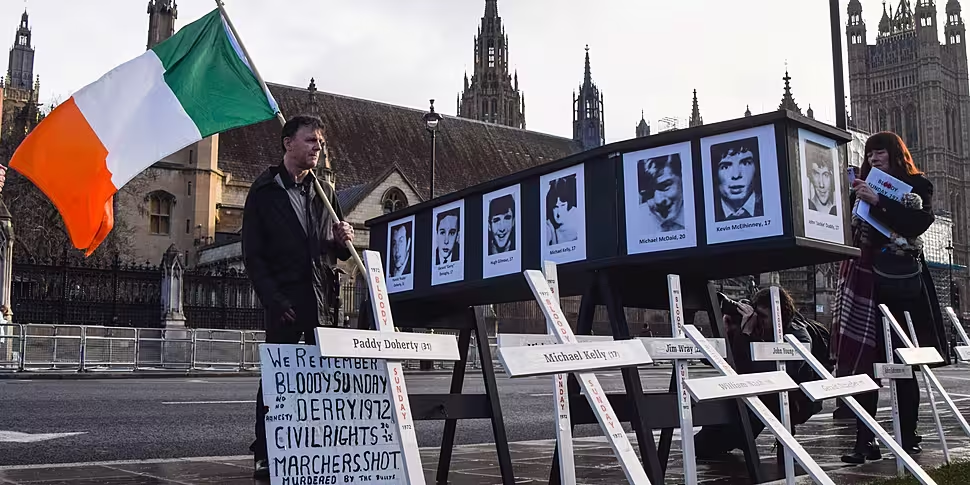It is “probable” the British Government will lose a legal challenge to its controversial Troubles Legacy Act.
The legislation was signed into law this September and means those involved in crimes during the conflict receive amnesty if they participate in a truth recovery body.
The act was vehemently opposed by victim groups and yesterday, Tánaiste Micheál Martin announced the Irish Government would pursue an inter-state case against the legislation under the European Convention on Human Rights.
Speaking to Newstalk Breakfast, former Attorney General for England and Wales Dominic Grieve said the challenge has a good chance of success.
“The probable, possible outcome is that it will be found to be non-compliant with the Convention,” he said.
“Although the [British] Government undoubtedly has an arguable case it can put forward but I think the risk is there that it will lose the case.
“In which case, they’ll have to change the law again.”
Despite this, he said the Irish Government’s intervention was unnecessary as the act would have “ended up in the European court of Human Rights anyway” after an individual challenge.
“If it’s a question of getting the law clarified and whether the British Government’s actions are compliant with the convention, it didn’t need the Irish Government’s intervention to achieve that result,” he said.
“Indeed, the Irish Government could have intervened at a later stage had the case gone to the Court of Human Rights.
“So, I think the decision of the Irish Government to do this is essentially a political one.”
 A 'Welcome to Northern Ireland' sign on the border.
A 'Welcome to Northern Ireland' sign on the border.Mr Grieve described the legislation as a “mistake” and said he would not have voted for it were he still an MP.
However, he said it is unlikely to prevent any prosecutions.
“The practical reality is that the likelihood of there being any successful prosecutions of either former terrorists or former State actors in respect of unlawful killings in the Northern Ireland context is very, very small,” he said.
“What we are getting are a series of inquests which are extremely difficult to conduct for a whole variety of perfectly legitimate reasons.
“I think over time the British Government has become increasingly frustrated about the long tail of this process and the fact that, in many ways, it’s not going anywhere.”
'Misguided'
Secretary of State for Northern Ireland Chris Heaton-Harris described the Irish Government’s challenge as “misguided” and hypocritical.
“At no time since 1998 has there been any concerted or sustained attempt on the part of the Irish State to pursue a criminal investigation and prosecution based approach to the past,” he said.
“We note, in particular, the former Irish Justice Minister and Attorney General’s 2014 reference to an informal decision on behalf of the Irish Government to not investigate Troubles cases – something that he restated publicly in 2021 in response to our proposals.”
Main image: A protest about Bloody Sunday outside the British Parliament. Picture by: Alamy.com









